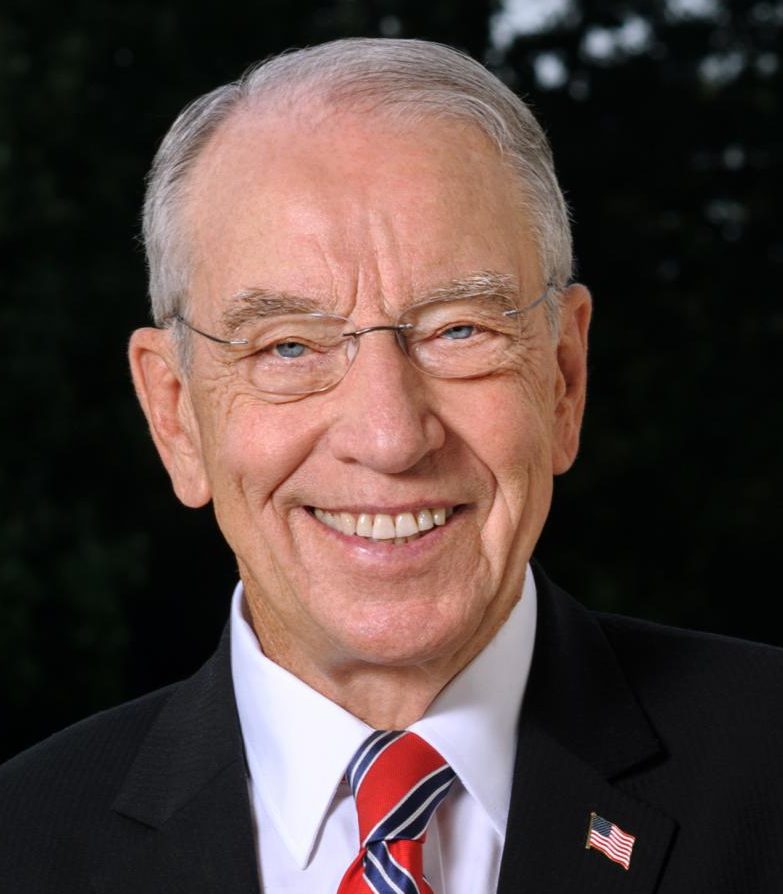Q: How has the pandemic impacted human trafficking?
A: As we start the New Year and enter the third year of the pandemic, Americans are gripped with soaring inflation and strapped with higher bills for groceries, gas and housing. There’s also an insidious byproduct from the pandemic that’s putting public safety at risk, particularly for young people. While parents and employers continue to juggle the uncertainty of school and child care closures that impact the workplace, remote learning and lockdowns in places around the country led to a dramatic increase in unsupervised screen time for younger generations. According to child welfare advocates, online predators took advantage of the situation as they had an even larger pool of vulnerable young people to target. To be clear, human trafficking is not new. The U.S. State Department estimates nearly 25 million people around the world are enslaved for sex, labor or servitude. Across federal law enforcement, hundreds of human trafficking cases were opened in 2021, from the Department of Homeland Security, Department of Justice, State Department and the Department of Defense. Last year, the U.S. Marshals Service assisted with the recovery of nearly 1,000 kids, including 21 missing Iowa juveniles who were found across nine states as part of Operation Homecoming. The Marshals Service estimates one of every six children recovered likely were victims of human trafficking.
For over a decade, National Human Trafficking Prevention Month is observed in January to raise public awareness about the illegal exploitation of people. It takes all eyes and ears in the community to root out criminal enterprise that preys on young people and robs them of their dignity for commercial sex, forced labor and other services. Iowans who suspect human trafficking may report to the National Human Trafficking Resource Center Hotline 24/7, every day of the year in more than 200 languages. Call (888) 373-7888 or chat online at humantraffickinghotline.org. Anonymous, confidential tips also may be reported online or text HELP or INFO to BEFREE (233733).
Q: What are you doing from your leadership position in the Senate to combat human trafficking?
A: Beefing up detection and enforcement, expanding financial reporting requirements to flush out criminal enterprises that launder money through shell corporations, strengthening border security and empowering survivors with services as they seek to reclaim hope and regain their dignity and freedom are key priorities I’ve identified at the policymaking tables in Washington, D.C. At my recommendation, Iowan Teresa Davidson was appointed to serve on the Public-Private Partnership Advisory Council to End Human Trafficking. She brings Midwestern sensibility to the table and gives voice to how human trafficking hits close to home here in America’s heartland. More than two decades ago, Congress made human trafficking a federal crime with passage of the Trafficking Victims Protection Act. I am working with a bipartisan coalition in the Senate on the law’s reauthorization. During the Trump administration, I co-sponsored the Stop Enabling Sex Traffickers Act to help stop online advertising that targets minors for commercial sex. President Trump also signed the Frederick Douglass Trafficking Victims Prevention and Reauthorization Act that awards grants to local education agencies for training school staff and teaching children about the dangers of human trafficking. In this session of Congress, I’ll lead a bipartisan resolution in the U.S. Senate to recognize the important work underway to combat human trafficking.
The U.S. Department of Homeland Security (DHS) has issued guidance for Americans to watch for indicators that may signal human trafficking crimes at www.dhs.gov/bluecampaign. It compiled a list of questions to help flag the possibility of human trafficking (exploitation) or human smuggling (transporting). Signs to look for include: does the individual seem coached on what to say; has the child stopped attending school or appear fearful, timid, or disoriented; has the person had a sudden or dramatic change in behavior? Here’s how to report suspicious activity to the DHS reporting hotline – (866) DHS-2-ICE, or (866) 347-2423. I encourage Iowans to be mindful and talk to family and neighbors about these warning signs. Human trafficking victimizes people of all ages, particularly immigrants, children, runaways and foster youth.
January is National Slavery and Human Trafficking Prevention Month

















